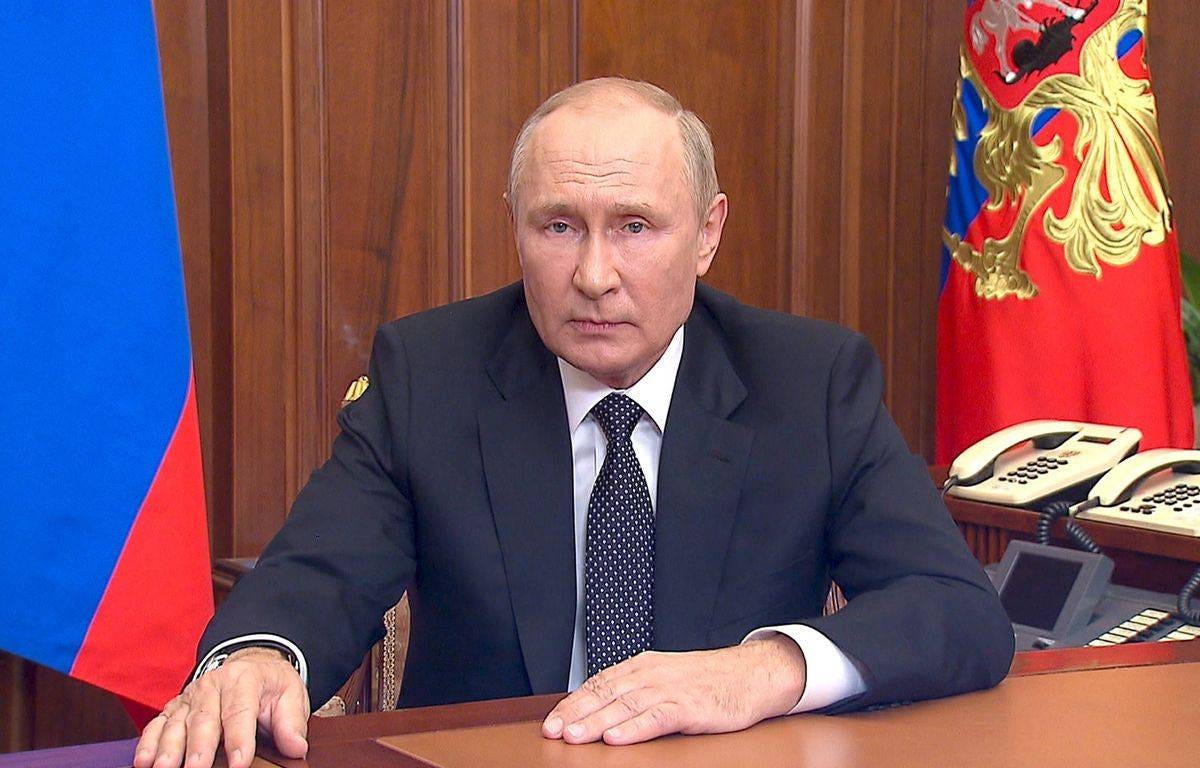Russian Withdrawal, Ukrainian Victory, … the Four Possible Scenarios for the Aftermath of the War.
Vladimir Putin has no easy way out.
It will soon be seven months since Vladimir Putin started the war in Ukraine by ordering the invasion of the country presided over by Volodymyr Zelensky on 24 February 2022. Long on the defensive, Kyiv's forces launched a major offensive on August 29, 2022, and made spectacular breakthroughs in the Russian lines, especially in the Kharkiv region.
Two wee…
Keep reading with a 7-day free trial
Subscribe to Sylvain Saurel’s Newsletter to keep reading this post and get 7 days of free access to the full post archives.




